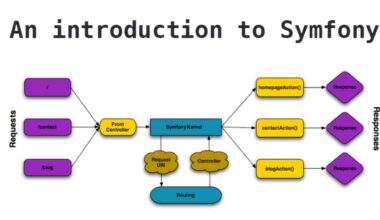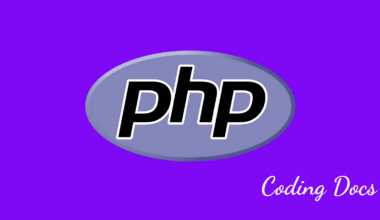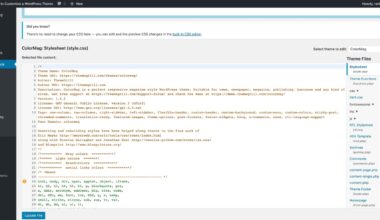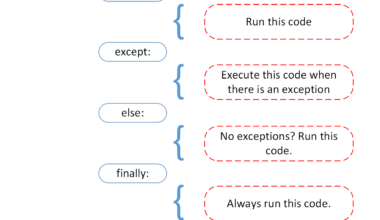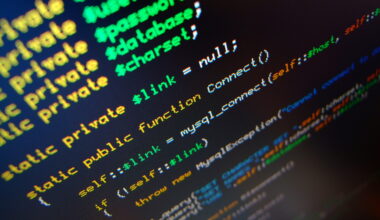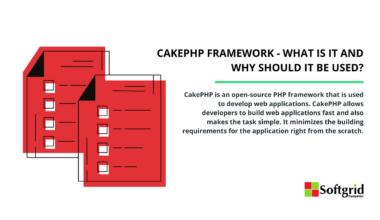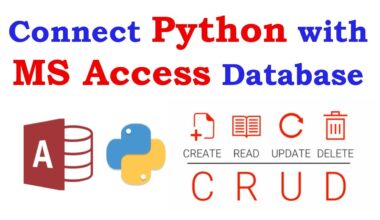Introduction to PHP Optimization Techniques
As a PHP developer, optimizing your code is an essential part of ensuring optimal performance. PHP optimization techniques involve various strategies that aim to improve the speed, efficiency, and overall performance of your PHP applications.
Optimizing PHP can significantly improve your website’s load time, reduce server resource usage, and enhance user experience. In this article, we will explore some of the best PHP optimization techniques that can help you achieve optimal performance.
There are several ways to optimize PHP applications, including caching mechanisms, code optimization strategies, and database performance enhancement. Each technique has its unique benefits and can help you achieve different optimization goals.
By utilizing caching mechanisms like opcode caching and data caching, you can speed up your PHP application significantly. Opcode caching stores compiled PHP code in memory, allowing it to execute faster and reducing the load on the server.
Implementing code optimization strategies like using a PHP accelerator, removing unnecessary code, and optimizing loops and functions can also help improve PHP performance. These strategies help reduce the time it takes for PHP code to execute, resulting in faster page load times.
Enhancing database performance is also crucial for PHP optimization. By optimizing queries, indexing tables, and reducing the number of database calls, you can significantly enhance the speed of your PHP application.
In conclusion, optimizing PHP is an essential part of ensuring optimal performance. By utilizing various PHP optimization techniques like caching mechanisms, code optimization strategies, and enhancing database performance, you can significantly improve your PHP application’s speed, efficiency, and overall performance.
Utilizing Caching Mechanisms
Caching is an effective technique for improving the performance of PHP applications. By storing frequently accessed data in memory, caching can significantly reduce the time it takes to execute PHP code, resulting in faster page load times.
There are two types of caching mechanisms that you can use to optimize PHP applications: opcode caching and data caching.
Opcode Caching
Opcode caching stores compiled PHP code in memory, making it available for reuse without having to recompile the code every time it’s accessed. This reduces the server load and speeds up the execution of PHP code. One of the most popular opcode caching mechanisms is the
OPcache extension
, which is available for PHP 5.5 and later versions.
To enable OPcache, you need to add the following code to your PHP configuration file:
opcache.enable=1 opcache.enable_cli=1
Data Caching
Data caching stores frequently accessed data in memory, reducing the time it takes to retrieve data from the database or file system. One of the most popular data caching mechanisms is
Memcached
, which is a distributed memory caching system that can be used to store data in memory across multiple servers.
To use Memcached in your PHP application, you need to install the Memcached extension and configure it in your PHP code. Here’s an example:
$memcached = new Memcached();
$memcached->addServer('localhost', 11211);
$key = 'my_data';
$data = $memcached->get($key);
if ($data === false) {
$data = /* fetch data from database or file system */;
$memcached->set($key, $data, 3600); // store data in cache for 1 hour
}
/* use $data in your application */
In the above example, the data is first fetched from the Memcached cache. If it’s not available in the cache, it’s fetched from the database or file system and stored in the cache for future use.
In conclusion, caching is a powerful technique for optimizing PHP applications. By utilizing opcode caching and data caching mechanisms, you can significantly improve the performance of your PHP code and reduce server load.
Implementing Code Optimization Strategies
Code optimization is another crucial technique for improving the performance of PHP applications. By optimizing your code, you can reduce the time it takes for PHP code to execute, resulting in faster page load times and better user experience. Here are some code optimization strategies that you can implement in your PHP code:
1. Use a PHP Accelerator
A PHP accelerator is a tool that speeds up the execution of PHP code by caching compiled PHP code in memory. One of the most popular PHP accelerators is the
Alternative PHP Cache (APC)
. To use APC, you need to install the APC extension and configure it in your PHP code. Here’s an example:
if (extension_loaded('apc')) {
$data = apc_fetch('my_data');
if ($data === false) {
$data = /* fetch data from database or file system */;
apc_store('my_data', $data, 3600); // store data in cache for 1 hour
}
} else {
$data = /* fetch data from database or file system */;
}
In the above example, the APC extension is used to store and fetch data from the cache. If APC is not installed or loaded on the server, the data is fetched from the database or file system.
2. Remove Unnecessary Code
Removing unnecessary code from your PHP application is another effective way to optimize your code. This includes removing unused variables, functions, and comments. Unused code can slow down the execution of PHP code and increase server load.
3. Optimize Loops and Functions
Loops and functions are essential parts of PHP code, but they can also slow down the execution of PHP code if not optimized properly. To optimize loops, you can use techniques like loop unrolling and loop fusion. To optimize functions, you can use techniques like inlining and function composition.
4. Use PHP Built-in Functions
Using PHP built-in functions is another way to optimize your code. PHP built-in functions are usually faster and more efficient than custom functions. For example, using the built-in
in_array()
function is faster than writing a custom function to search for a
Enhancing Database Performance
Databases are a critical component of most PHP applications, and optimizing database performance is essential for achieving optimal PHP performance. Here are some techniques you can use to enhance database performance:
1. Optimize Queries
Database queries are one of the most significant contributors to slow PHP performance. By optimizing your queries, you can significantly improve the performance of your PHP application. Here are some tips for optimizing queries:
- Use indexes to speed up search queries
- Avoid using SELECT *
- Use JOIN statements instead of subqueries
- Avoid using ORDER BY on large datasets
By following these tips, you can reduce the time it takes to execute database queries and improve the overall performance of your PHP application.
2. Index Tables
Indexing tables can significantly enhance the speed of your PHP application. Indexes are data structures that allow the database to retrieve data more quickly. Here are some tips for indexing tables:
- Index columns used in WHERE clauses and JOIN statements
- Avoid over-indexing
- Use composite indexes for multiple columns
- Regularly optimize and maintain indexes
By properly indexing your tables, you can speed up database queries and reduce the load on your server.
3. Reduce the Number of Database Calls
Reducing the number of database calls can also improve the performance of your PHP application. Here are some tips for reducing the number of database calls:
- Use caching mechanisms to store frequently accessed data in memory
- Combine multiple queries into a single query
- Use lazy loading to load data only when needed
- Use pagination to limit the number of results returned
By reducing the number of database calls, you can reduce server load and improve the overall performance of your PHP application.
In conclusion, optimizing database performance is essential for achieving optimal PHP performance. By optimizing queries, indexing tables, and reducing the number of database calls, you can significantly enhance the speed of your PHP application and improve user experience.
Final Thought: Achieving Optimal Performance with PHP
In conclusion, optimizing PHP applications is crucial for achieving optimal performance and enhancing user experience. By utilizing various PHP optimization techniques like caching mechanisms, code optimization strategies, and enhancing database performance, you can significantly improve the speed, efficiency, and overall performance of your PHP code.
It’s essential to keep in mind that PHP optimization is an ongoing process and requires continuous monitoring and improvement. Regularly monitoring your PHP application’s performance and using tools like
Blackfire
and
New Relic
can provide valuable insights into your PHP code’s performance and help you identify areas for improvement.
In addition to optimizing your PHP code, it’s also crucial to ensure that your server environment is optimized for PHP. This includes using the latest version of PHP, configuring your server for optimal performance, and using a reliable web hosting provider.
By following these PHP optimization techniques and best practices, you can achieve optimal performance with your PHP applications and provide your users with a fast, responsive, and reliable experience.












